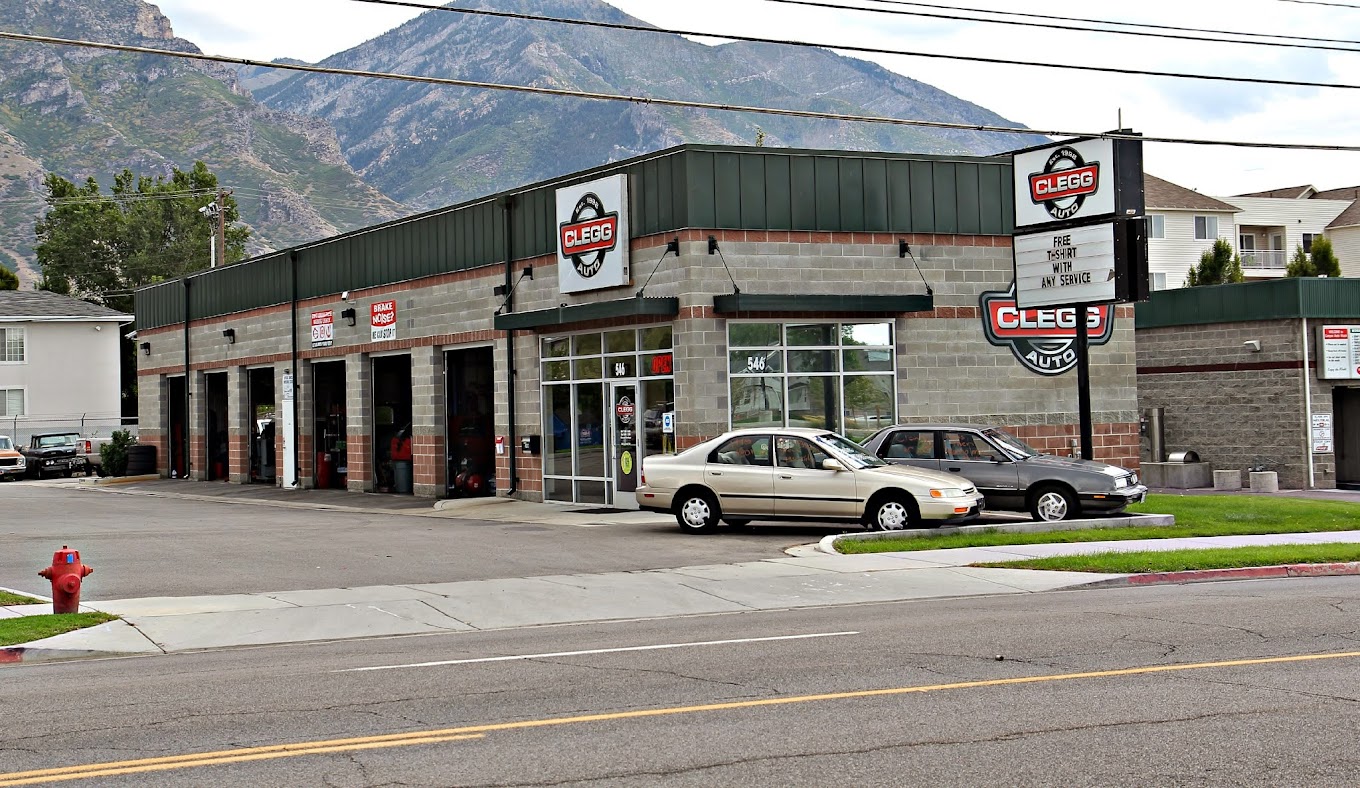ImpactAlpha, May 24 – The mechanics and other employees at Clegg Auto’s four car-repair shops in northern Utah since last fall have received an additional payout alongside their regular paycheck: a share of profits.
The company’s shareholders last August transferred ownership of the 25-year-old chain of shops to a “perpetual purpose trust.”
The conversion provided an exit for Steve Clegg, the majority owner, while giving employees a stake in future company profits. Kevin Clegg, who gifted his shares to the trust and stayed on as general manager, says the company wasn’t interested in accumulating assets.
By cutting in employees on the value they help create, “We’re trying to see more people in jobs that they love and more customers being served in ways that they want to be served,” Clegg tells ImpactAlpha.
Worker owners
The conversion of Clegg Auto’s four shops was the first set of transactions for Common Trust, an advisor and financier of employee ownership trust conversions. Common Trust also helped design the trust of open-source software company Code Weavers, which announced its conversion last week.
The purpose trust is getting a fresh look as an inexpensive and flexible structure that can help meet demand from a “silver tsunami” of U.S. business owners over the age of 55 in search of a succession plan.
Patagonia founder Yvon Chouinard adopted the structure last year as part of his succession plan. Michael Bloomberg is considering moving Bloomberg LP into a purpose trust to finance Bloomberg Philanthropies in perpetuity.
https://impactalpha.com/ford-foundation-pushes-to-add-worker-ownership-to-the-quality-jobs-toolkit/
Purpose trusts are becoming a backdoor into employee ownership. While the trust itself owns the company, stakeholders are using the structure to transfer governance and ownership benefits such as profit-sharing to employees, emphasizing stewardship rather than ownership, says Clegg. “We don’t own the company and its shares. We own the ability to receive the rewards of what we’ve built.”
The business “is not just mine today,” he adds. “It’s here for our customers for forever and it’s here for all those that would work inside of this.”
Employee equity
Bipartisan legislation introduced last week would make it easier for employee-owned companies to raise money by extending SBA loan guarantees to investment funds focused on employee ownership.
While the bill doesn’t specifically address purpose trusts, it does signal growing support for employee ownership in the U.S. economy.
“Helping small and medium-sized businesses transition to employee ownership preserves local businesses with quality jobs and retirement security,” Sen. Marco Rubio and Sen. Chris Van Hollen, the Senate bill’s sponsors, said in a fact sheet.
Employee-owned trusts now represent 1 in every 20 private sales in the UK. “As the employee-owned trust trend likewise takes hold in the US, we anticipate this type of legislation will expand to support employee-owned trusts as well,” Common Trust co-founder Zoe Schlag told ImpactAlpha.
At Clegg Auto, financing from Common Trust and a private investor, along with seller financing from Steve Clegg, helped purchase the company on behalf of the trust. The company will pay back the former owner and lenders through company cash flows.
Schlag says she is excited to see the benefits of ownership flow so quickly. Already, for example, engaged Clegg Auto employees have chosen to begin profit sharing with new employees on day one, rather than after their first quarter of employment.
Schlag told ImpactAlpha, Clegg Auto “is a very clear example of the ownership flywheel at work.”











